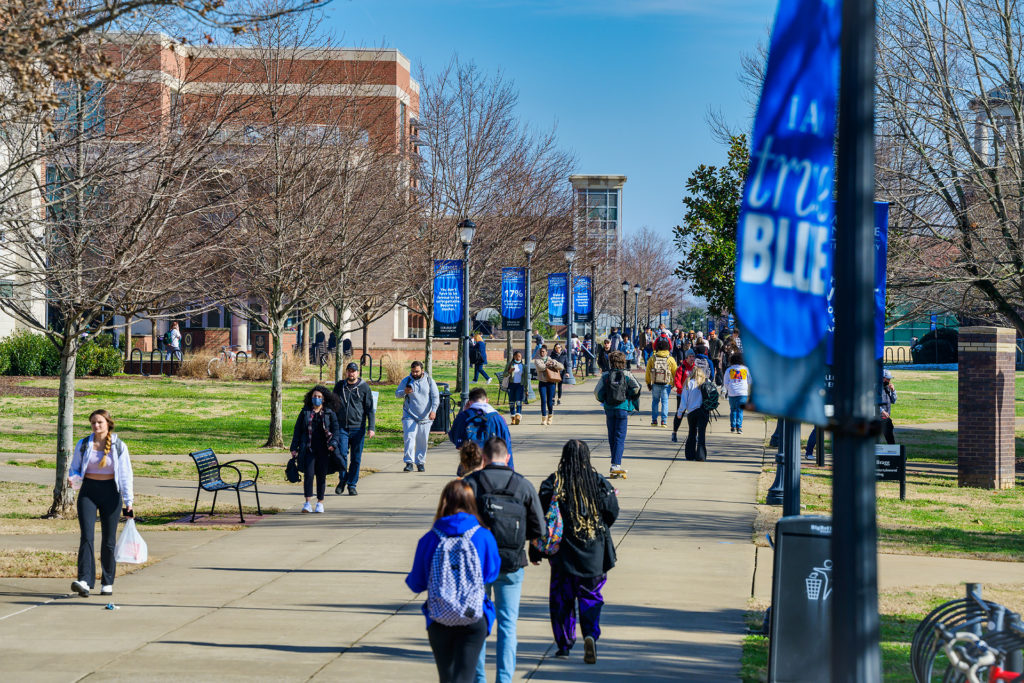
Middle Tennessee State University decided to raise tuition and fees 2.98% last week. Shortly after the Board of Trustees’ vote, the Student Government Association expressed disappointment about how the increase was handled, citing concerns about student input.
A release from the university said the increase “was necessary to meet rising utility costs, enhanced scholarship levels and other improvements, including renovations to Murphy Center complex used for athletic, academic and community events.” The bump in tuition and fees will amount to nearly $300 per semester for full-time, in-state undergraduate students.
Michai Mosby serves as student body president of MTSU. He said the cost of attending college is top of mind for most students, and noted the “ever-increasing” cumulative student debt.
“Especially with students from low-income backgrounds and unstable financial backgrounds, they deserve to have an affordable education.”
Usually when departments want to increase fees, administration consults with the Student Government Association. SGA doesn’t have the power to approve or deny fees. But Mosby said it’s a longstanding practice to include student input and add transparency to the process. This year, that step got skipped in at least one case.
Mosby said it’s important to include students in decisions that will affect their finances. And talking to SGA about fee hikes also serves another purpose: helping with student perception.
“As entities request this increase and they tell us why they need it, we’ll be able to share with our student body, ‘Hey, this is why athletics needs this. This is why ITD and parking needs additional funding.'”
In that way, Mosby said student government can serve as a liaison between school administration and the student body.
Despite disappointment with the lack of student input, Mosby noted that the increases the board passed were needed. He said the board apologized during its June 20 meeting and set clear expectations that departments should consult students about raising fees going forward.
Mosby said that despite the appearance of conflict, SGA has a “great working relationship with our board and administration.”
“It may seem like there is some type of battle there, but everything is not a battle. It’s just a matter of working together,” Mosby said. “It’s a matter of doing what’s best for students.”

